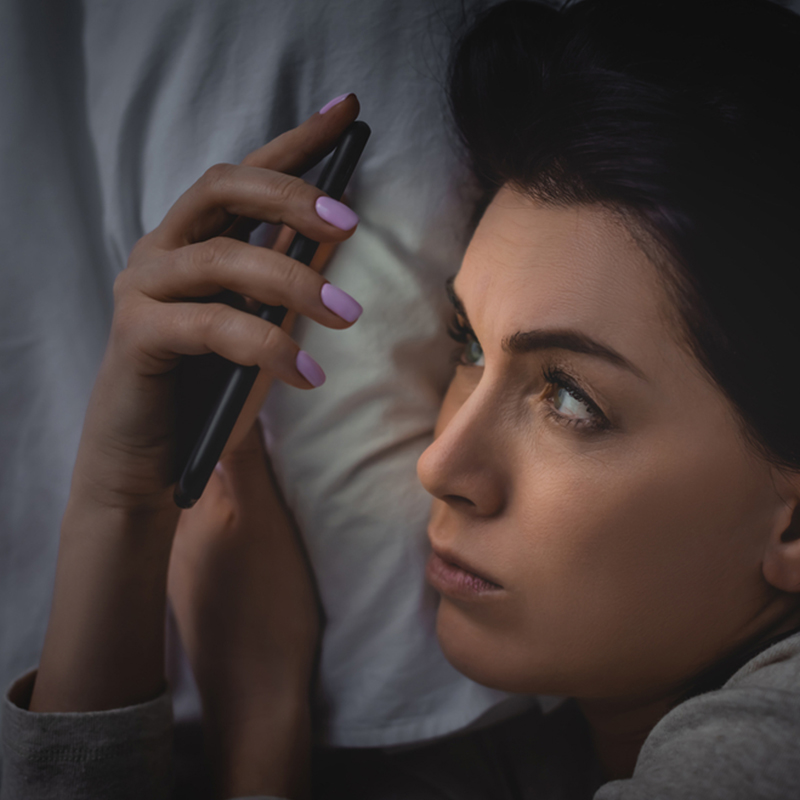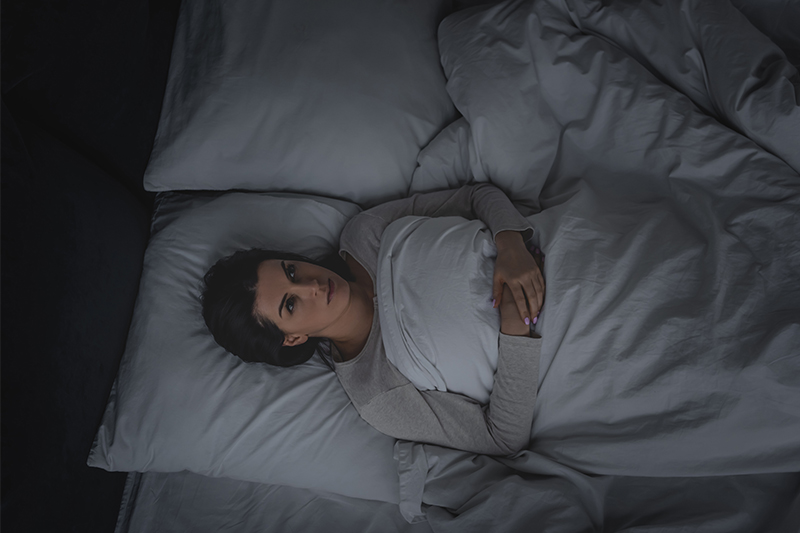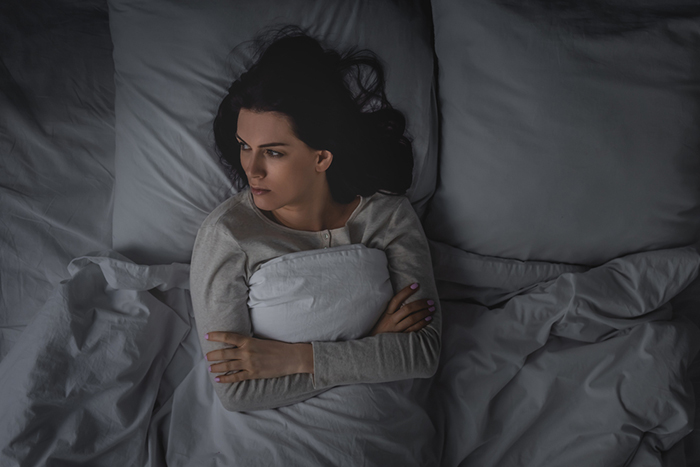Sleep / Wake Disorders
Assessment and Treatment of Insomnia
Sleep problems are common and usually occur during stressful times of life. Unfortunately, sleeplessness can contribute to a lower quality of life, put a strain on relationships, and make it hard to maintain responsibilities. Understanding your pattern of sleep disturbance helps you identify the root causes and make changes that will improve your sleep. This understanding includes whether your insomnia involves initiating or maintaining sleep or waking up before your alarm. Other factors to consider are how many days per week insomnia occurs and how long the problem has persisted.
We Provide An Evidence-Based Approach To Treatment
At your first appointment, Dr. Defilippo will explore what is contributing to your sleep problem. We will discuss potential contributing factors to insomnia and changes you could make to your environment to help you sleep better. In addition, he will discuss elements of sleep hygiene for you to consider that will help clear up any habits or hurdles that may be preventing you from getting a good night’s sleep. Environmental issues such as how quiet and dark the room is, the temperature in the room, or whether something else is going on in the room could be keeping you awake. Another issue to consider is drinking alcohol right before going to bed. Although some people say, this practice helps them fall asleep, unfortunately, a secondary effect of alcohol keeps them from staying asleep. This is due to the effect of alcohol on two chemicals in your brain, GABA and glutamate, one a relaxer and the other excitatory.
Second, he will offer strategies to help you wind down and relax your mind and body. For example, setting up relaxing audio to play that turns off automatically can help you feel more relaxed. These audio streams are available online and may include mindful breathing exercises or descriptions of soothing locations that are meant to help you focus on a peaceful place.
People will often say, “I go to bed planning to get 8 hours of sleep, but the reality is I’m only able to get about 4-5 hours.” Staying in bed awake leads to greater frustration and worry. If you spend time in bed, but you are not asleep, you may have to re-think your sleep schedule. It is important to set a schedule that will work with your internal body clock in order to have a time when your body is accustomed to falling asleep, and a time it is expecting to wake up. Sometimes this includes shortening your time available to sleep to match your ability to sleep. Ask yourself, does my “AVAILABILITY = ABILITY”?
Think about your sleep drive being similar to your hunger drive in that it is a biological function. Your hunger drive builds up during the day, and at the end of the day, you are very hungry and ready to enjoy a full meal. If you have a snack an hour before dinner, you will not be as hungry when dinner is ready. In the same way, if you do things during the day to build up your sleep drive, you will be better able to fall asleep and stay asleep. Activities that may build up your sleep drive include a structured exercise regime, avoiding naps, and burning more calories during the day by simply staying active. Activities that may reduce your sleep drive are naps, lying in bed before you are ready to fall asleep, and waking up later on non-work days.
How Can Vanguard Psychiatry Help?
Meet Marie
Consider the case of Marie, who called the office to get help with her insomnia. She explained she has a new job with different hours, 6 am until 3 pm, and she gets about 4 hours of sleep per night. She also discussed life stressors, including being newly divorced and being a single parent to kids ages 13 and 15. Marie was coping with these stressors by coming home after work and taking a nap, getting up to make dinner, and then staying online for a few hours until it was time for bed. In addition, Marie had a television in her bedroom, which she would leave on “to keep her company” at a low volume all night.
How can Vanguard Psychiatry help Marie?
After going over some sleep hygiene principles and addressing other stressors, Dr. Defilippo helped Marie by providing medication and support to help her adapt and make the necessary changes in her life to support better sleep.
Working with a trained psychiatric professional can help demystify the symptoms you are experiencing and help you find solutions. At Vanguard Psychiatry, we understand that mental health treatment is not a “one size fits all” approach and each person’s experience is unique. Dr. Defilippo will explore solutions with you that can provide relief and help you enjoy life again.




